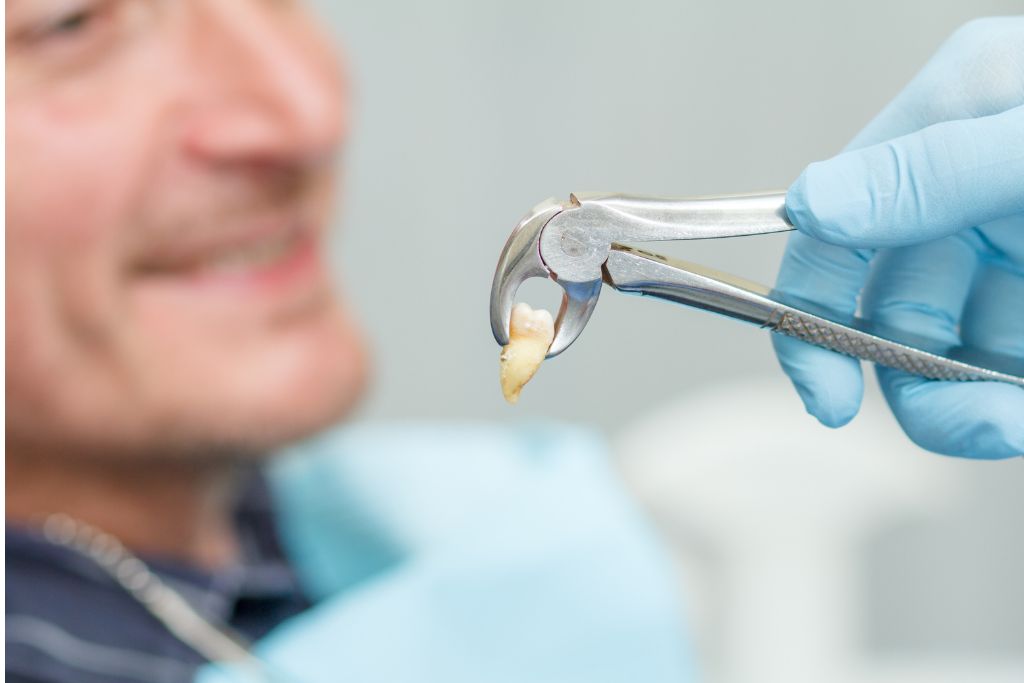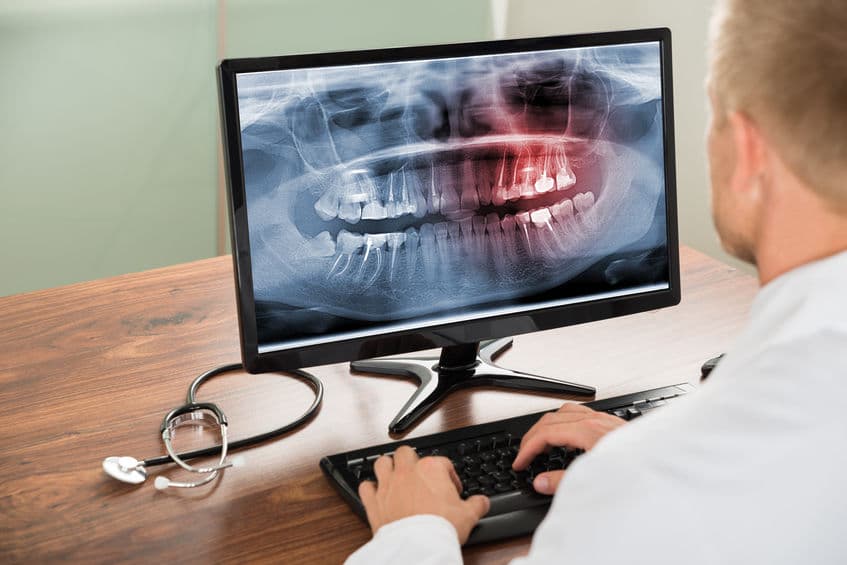Los Angeles Oral Surgeons is a top-tier team of experts that provides surgical and non-surgical treatment for patients suffering from signs of TMJ disorder. This condition results from damage or infection of the temporomandibular joint, which is responsible for the opening and closing of the mouth during activities such as eating, speaking, and yawning.
The signs and symptoms of TMJ disorder can be challenging to diagnose as they mimic those of other conditions. Cheek pain, accompanied by clicking sounds when opening or closing the mouth, chronic migraines, ringing in the ears, headaches, and teeth grinding are some of the symptoms of this disorder.
Los Angeles Oral Surgeons uses different treatment methods depending on the severity of the TMJ disorder. Severe cases of TMJ disorder require surgical procedures to correct the mispositioning of the jaws. Surgery can effectively address the underlying problem and restore normal jaw function.
The temporomandibular joint (TMJ) is a crucial part of the human anatomy that enables us to open and close our mouths when chewing, talking, and yawning. When the TMJ malfunctions, it can lead to a complication known as TMJ disorder.
TMJ disorder is a condition that can cause a sharp pain in the cheeks, headaches, migraines, and even neck, back, and shoulder pains. It can also cause a clicking sound when opening and closing the mouth and even affect speech and chewing abilities.
Table of Contents
Causes of TMJ Disorder
A range of factors can cause TMJ disorder, such as:
- Injury: Injuries to the jaw, head, or neck can lead to TMJ disorder. Injuries sustained during sports, accidents, or even dental procedures can cause damage to the TMJ.
- Arthritis: Arthritis can cause damage to the cartilage that cushions the joints, leading to TMJ disorder.
- Bruxism: Bruxism is a condition where a person grinds or clenches their teeth, leading to strain on the TMJ.
- Stress: High levels of stress can lead to tension in the muscles around the jaw, leading to TMJ disorder.
- Genetics: Some people may be born with structural abnormalities that cause TMJ disorder.
Symptoms of TMJ Disorder
Diagnosing TMJ disorder can be challenging because the symptoms can resemble those of other conditions. However, some of the common symptoms of TMJ disorder include:
- Pain or tenderness in the cheeks or jaw joint area
- Clicking or popping sound when opening and closing the mouth
- Difficulty opening or closing the mouth
- Chronic migraines, headaches, or earaches
- Teeth grinding
- Dizziness or vertigo
- Neck, back, and shoulder pains.
Treatment Options for TMJ Disorder
Surgical and non-surgical procedures can treat TMJ disorder, depending on how severe it is. Below are some of the treatment options available for TMJ disorder.
- Non-Surgical Treatment: Non-surgical treatment is usually recommended for mild cases of TMJ disorder. Some of the non-surgical treatment options include:
- Medications: Pain relievers, muscle relaxants, and anti-inflammatory medicines can help alleviate the pain and discomfort associated with TMJ disorder.
- Lifestyle Changes: Certain lifestyle changes, such as eating soft foods, practicing good posture, and avoiding gum-chewing, can help ease the pain and discomfort associated with TMJ disorder.
- Physical Therapy: Physical therapy can help strengthen the muscles around the jaw and relieve tension in the muscles.
- Surgical Treatment: Surgical treatment is usually recommended for severe cases of TMJ disorder. Some of the surgical treatment options include:
- Arthroscopy: Arthroscopy is a minimally invasive surgical procedure that involves inserting a tiny camera into the joint to remove damaged tissue or reposition the joint.
- Joint Replacement: In cases where the joint is severely damaged, joint replacement surgery may be necessary.
- Open Joint Surgery: Open joint surgery is a more invasive surgical procedure that involves opening up the joint to repair or remove damaged tissue.
TMJ disorder can be a debilitating condition that can affect a person’s daily life. However, with the right diagnosis and treatment from experienced oral surgeons, patients can find relief from the pain and discomfort associated with TMJ disorder.
If you are experiencing any of the symptoms of TMJ disorder, give us a call or contact us to discuss your specific situation and treatment options.






